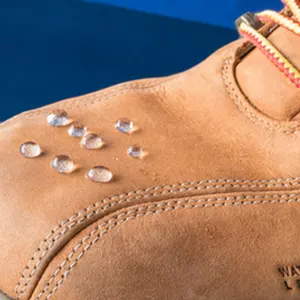About products and suppliers
สเปรย์กันน้ำสำหรับผ้า ไม่ใช่เรื่องใหม่สำหรับคนทั่วไปในปัจจุบันและไม่ถือว่าเป็นสิ่งต้องห้ามอีกต่อไป หากคุณกำลังมองหาความสุขสุดท้ายนี้คุณต้องตรวจสอบความยิ่งใหญ่ คอลเลกชัน สเปรย์กันน้ำสำหรับผ้า ที่ Alibaba.com เหล่านี้ยั่วยวนและโค้ง สเปรย์กันน้ำสำหรับผ้า คุ้มค่ากับเงินทุกบาทและมั่นใจว่าจะทำให้ค่ำคืนนี้พิเศษสำหรับคุณ ตุ๊กตาเหล่านี้มีลักษณะเหมือนจริงตั้งแต่ขนไปจนถึงปลายเท้าในทุกแง่มุม
ไม่ว่าคุณจะเป็นคนขี้เหงาที่กำลังมองหาคู่ชีวิตที่เหมือนมีชีวิตหรือคู่รักที่ต้องการเติมชีวิตชีวาให้กับชีวิตคุณสามารถใช้สิ่งเหล่านี้ได้ . สเปรย์กันน้ำสำหรับผ้า สำหรับจุดไฟนั้น ที่งดงามเหล่านี้ สเปรย์กันน้ำสำหรับผ้า สามารถปรับแต่งได้ตามความคาดหวังของคุณ น่าทึ่งเหล่านี้ สเปรย์กันน้ำสำหรับผ้า มีให้เลือกทั้งชายและหญิงและทำจากซิลิโคนเกรดยาเพื่อความปลอดภัยในการใช้งาน รับตอนนี้และเพลิดเพลินไปกับค่ำคืนแห่งความหลงใหลและไฟ
Alibaba.com ขอเสนอสิ่งที่น่าทึ่งเหล่านี้ สเปรย์กันน้ำสำหรับผ้า ในทุกรูปร่างขนาดและชาติพันธุ์ ไม่ว่าความต้องการของคุณสำหรับไฟล์. สเปรย์กันน้ำสำหรับผ้า คุณสามารถหาได้ทั้งหมดบนไซต์ เหล่านี้ สเปรย์กันน้ำสำหรับผ้า ได้รับการขึ้นรูปโดยช่างฝีมือที่ดีที่สุดและทุกรายละเอียดที่ซับซ้อนจะได้รับการตรวจสอบอย่างละเอียด ตุ๊กตาเหล่านี้มีดวงตาผมเล็บและส่วนอื่น ๆ ของร่างกายคล้ายกับคนในชีวิตจริง
Alibaba.com ให้บริการที่หลากหลาย สเปรย์กันน้ำสำหรับผ้า ที่สามารถช่วยคุณซื้อผลิตภัณฑ์ที่เหมาะสมกับงบประมาณของคุณและข้อกำหนดอื่น ๆ ผลิตภัณฑ์เหล่านี้ปลอดภัยต่อการใช้งานได้รับการรับรองและเป็นมิตรกับสิ่งแวดล้อม มีคำสั่งซื้อ OEM สำหรับผลิตภัณฑ์เหล่านี้



